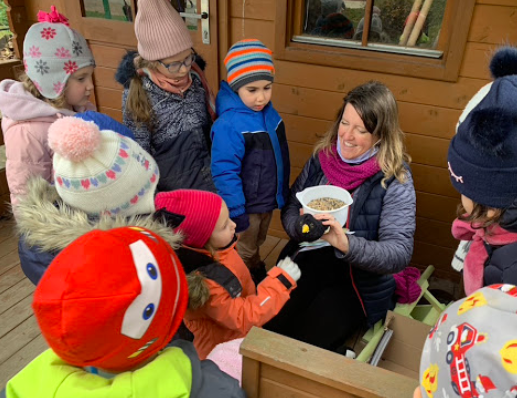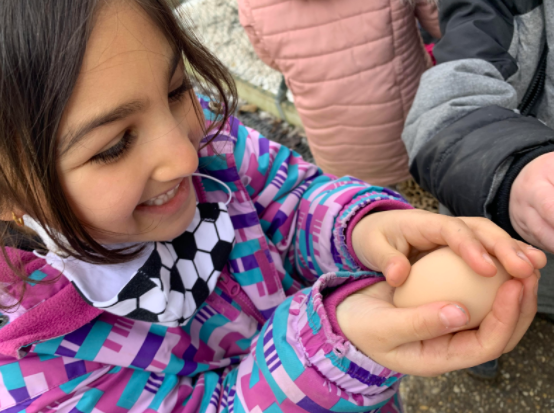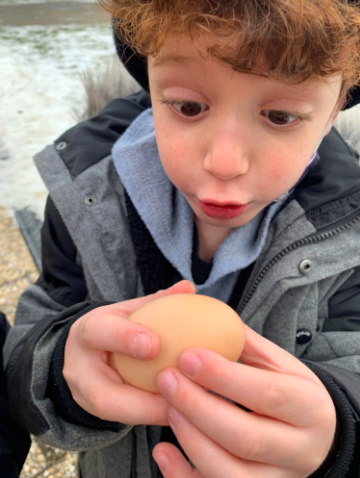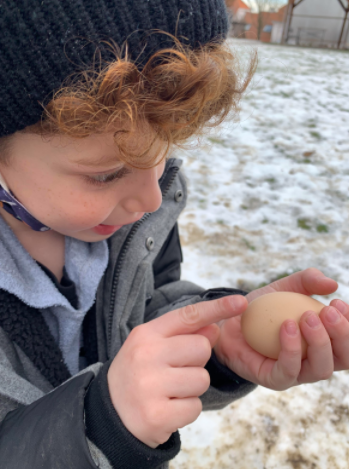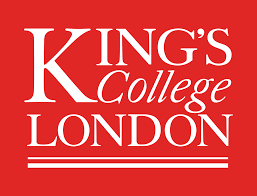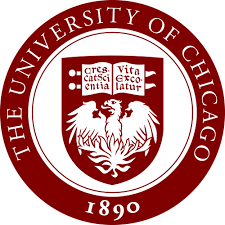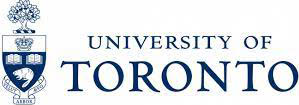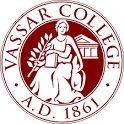
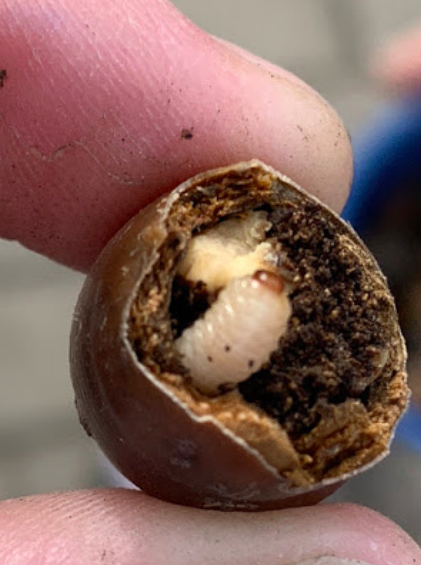
Having our ISP campus nestled in the Divoká Šárka Forest, ISP Early Childhood Foundation teachers and students have long taken advantage of quick access to learning about the local flora and fauna. In addition, our facilities department has always supported the structures for outdoor learning connected to gardening, caring for animals, and engaging with natural materials.
These rich and diverse experiences are key in sparking and nurturing deep curiosity while building key knowledge in these budding botanists, biologists, zoologists, and ecologists.
“The research literature indicates that outdoor learning experiences develop positive environmental attitudes and can positively affect science achievement. Research also suggests that frequent outdoor learning experiences, implemented by a trained teacher in a familiar setting, like a schoolyard, can result in greater engagement and science achievement for students.” Outdoor Education & Science Achievement (Rios & Brewer, 2014)
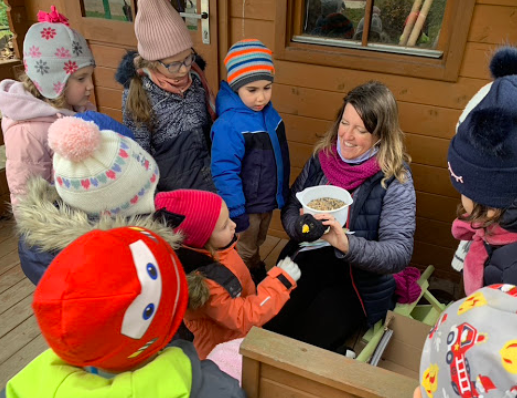
ISP’s Elementary School Outdoor Learning Coordinator, Ms. Kerry Craig, an outdoor learning and early childhood expert, supports key learning foundations for our future scientists. Piquing the children’s interests through observations and explorations with natural materials, plants and creatures, ECF learners become intrigued and engaged with the complexity of our natural world.
The Story of the ISP Chickens
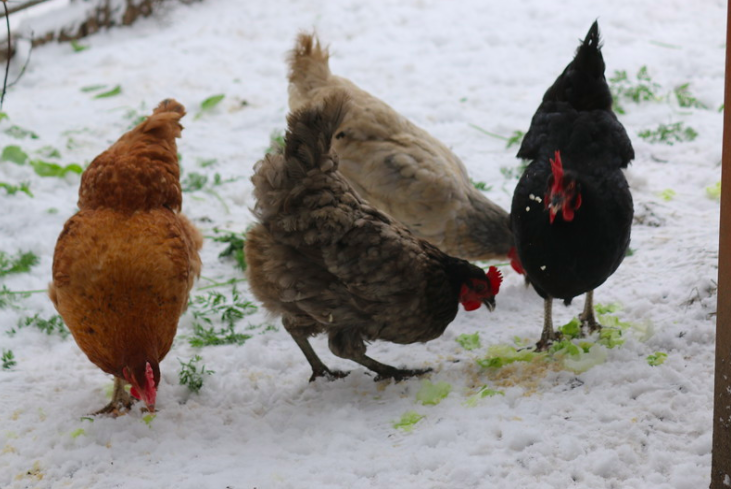
Learning about an exciting chicken project while attending an early childhood conference in Athens in 2012, ISP ECF teachers
invited the Beligan teachers (and chicken experts) from St. John’s International School to come for a visit. Arriving with chickens in the back of their car and a book their children had made for our learners on how to care for the chickens, an ISP tradition started!
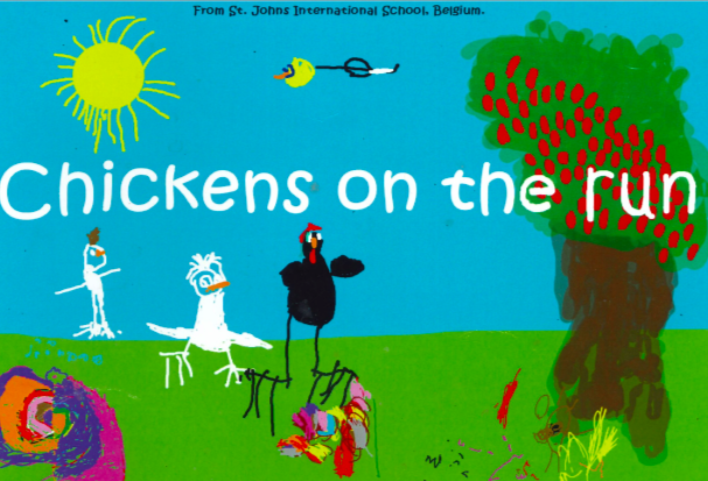
The visitors asked our ISP students if they could take care of these extra chickens. “But we don’t have a chicken coop,” exclaimed the children. After researching and planning with our ISP facilities folks, the children helped assemble the “chicken castle.” Many eggs were laid and then we had chicks! When one chicken went missing, they quickly realized that they needed to further protect the chickens from burrowing predators with reinforcements.
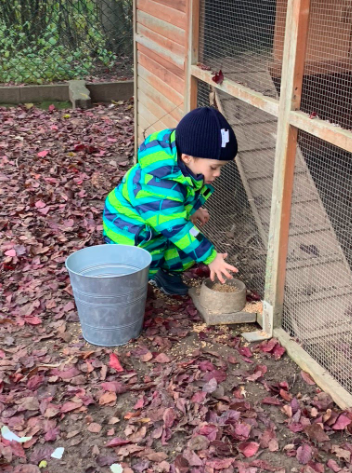
Over the years the community of chickens has changed with five new ones that arrived last year from Poland, thanks to the Grandmother of a 5th Grader!
Although the chickens are woven into the fabric of ISP, they continue to inspire, fascinate and spark curiosity for the children.
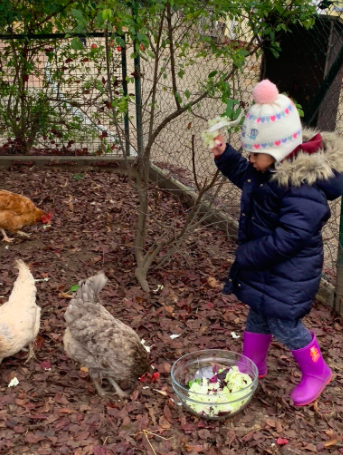
Children love to spend time in the chicken garden with them or just observe from outside the fence. They help cut up vegetables and feed them. Recently students have been taking extra care during the winter months by melting the ice in their water containers, cleaning the chicken manure, and changing the hay.
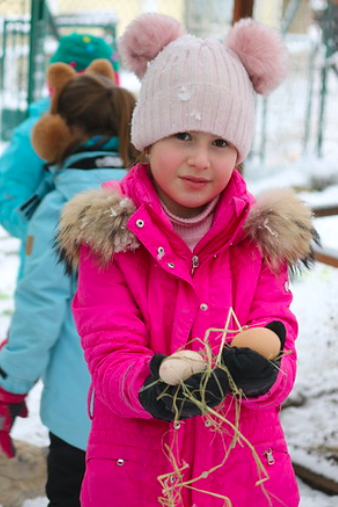
Collecting the eggs is an all time favorite activity and during non-COVID times these would be used for cooking and baking. Our young learners are extremely curious about chicks, eggs hatching, holding the eggs to see if they are warm and wondering just how fragile they are.
ECF’s fascination with eggs and hatching has led to their current experiment: leaving a couple of eggs in the chicken coop (marked with a cross) to see if they will hatch. Learners will then generate questions and embark on a deeper inquiry about chickens, eggs and chicks, uncovering more about this magical life cycle.
Look at the excitement when students found an egg this week and one who had never touched a warm egg before, fascinated about when it had come out of the chicken.
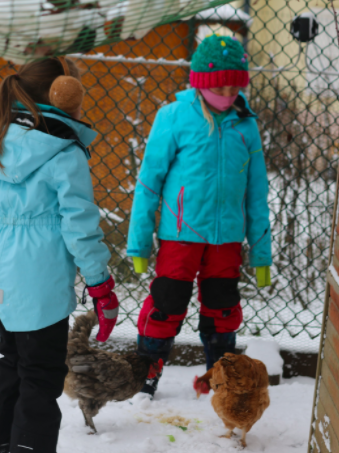
Nurturing curiosity ensures deep, life long, self-directed learning, which is why our ISP learning principle, Learners’ curiosity drives what and how we learn, is so important. We know from educational, psychological and neuroscience research that curiosity is key to unlocking each and every child’s maximum learning and success. In Building a Curious School, Bryan Goodwin shares, “we must focus on creating the right conditions for curiosity to flourish by keeping in mind a few important principles that emerge from research on student motivation and curiosity . . . Curiosity Principle #6: Let Students Follow Their Curiosity and Curiosity Principle #7: Go Play Outdoors.”
Thanks to our exceptional educators, amazing Facilities Team , and our wonderful chickens, curiosity is in full swing in Early Childhood Foundations at ISP.
